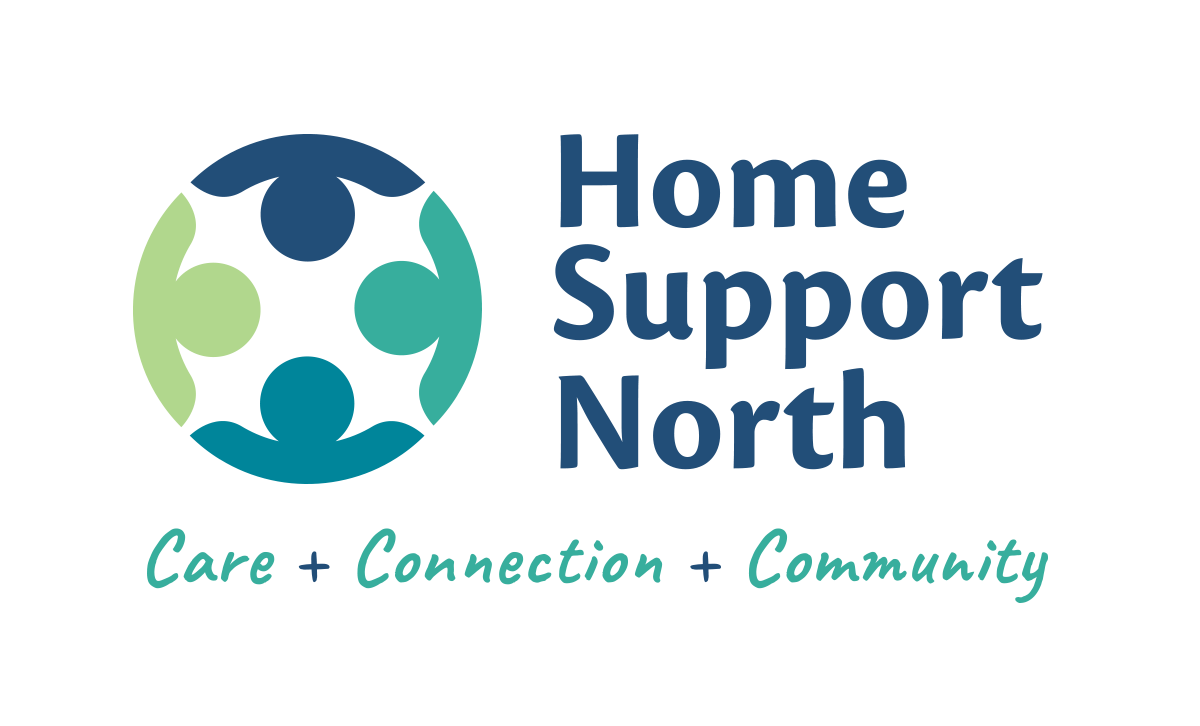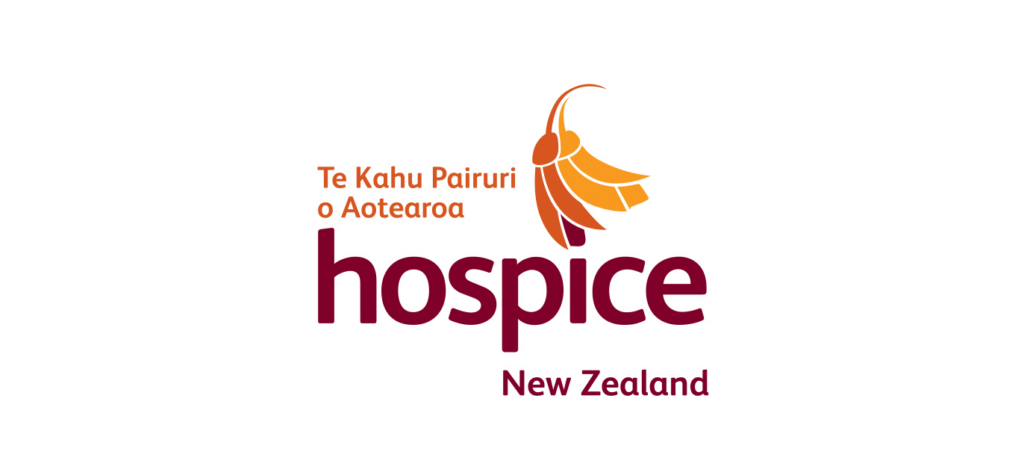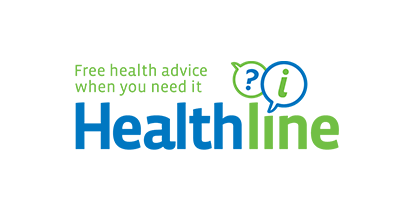Navigating the New Dynamics: How Home Support Can Strengthen Your Relationship
When a loved one begins to need care at home, it’s natural for spouses and primary caregivers to feel a whirlwind of emotions. There’s love, dedication, and perhaps a deep desire to “do it all.” But alongside these noble intentions, a quieter, often unspoken fear can emerge: how will this change our relationship? The truth is, while the dynamics will shift, professional home support can be a powerful catalyst for strengthening your bond, not eroding it. It’s about consciously choosing to preserve the essence of your partnership, even as roles evolve. The Unseen Strain on Spousal Relationships For many years, the primary caregiver, often a spouse, has carried a significant burden, sometimes silently. Research consistently shows that spousal caregivers can experience higher rates of depression and stress than those for whom they care. A study from Rice University, for instance, highlights how a caregiver’s mental health can dramatically improve when









